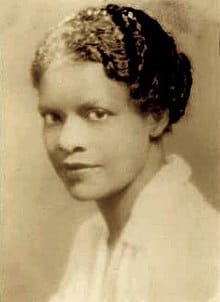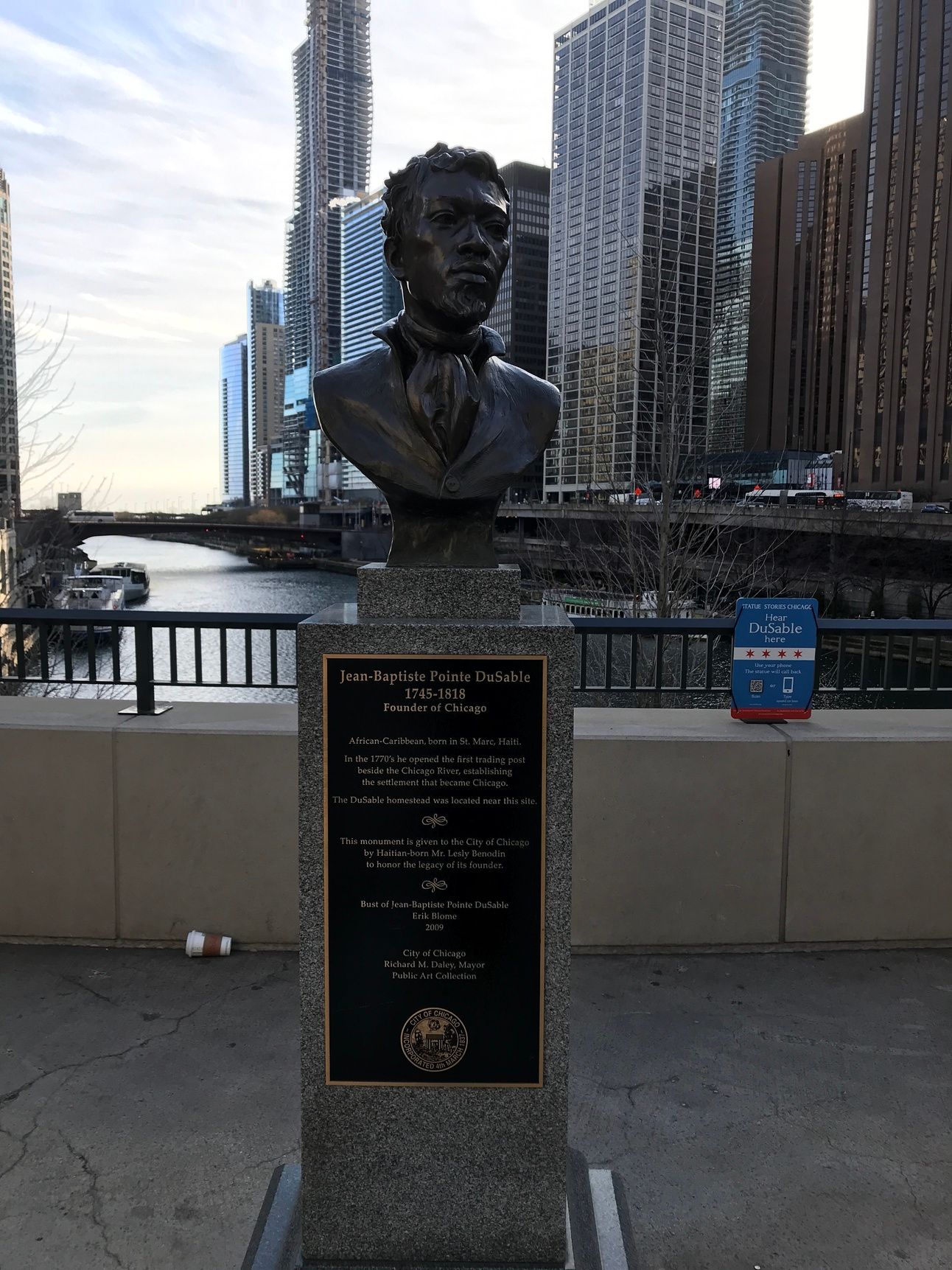- The SHE Newsletter
- Posts
- 🔥 The SHE Newsletter
🔥 The SHE Newsletter
SHE (Surviving, Healing, and Evolving) 💌 Curating Meaningful Information That Matters
🌅Good Morning, Beautiful! 😴
⚡️Get up, renew your Spirit, and remember that you are uniquely you, so dare to be yourself, Superstar! 💫
“I don’t like to gamble, but if there’s anything I’m willing to bet on, it’s myself.” Beyonce

Then at the end of the day…rest and rejuvenate
Loving me ALL day EVERY day should mean that at the END of EVERY single day, I should be able to say that I did something to practice self-care!
Concentrate on You!
“Living in a society structured to profit from our self-hate creates a dynamic in which we are so terrified of being ourselves that we adopt terror-based ways of being in our bodies.”
Self-esteem impacts everything
What is self-hatred and what causes it?
“To be beautiful means to be yourself. You don’t need to be accepted by others. You need to accept yourself.”
The new movie on Shirley Chisholm inspires. “…[S]he wanted to be known as a woman who ‘dared to be myself.’ She wanted people ‘to say Shirley Chisholm had guts.’” Dare to be yourself!
💠💠💠
Women’s History Month
In the Spotlight:
Eunice Carter, the lady who took down New York’s most notorious gangster, Lucky Luciano

Eunice Carter, first Black female District Attorney in New York
“Everyone was scared of him. He had risen to the top by ruthlessly eliminating those above him and those who were his equals, including some who had helped him in his climb. No one would testify against him.” From the book Invisible by Stephen L. Carter
That is why the exasperated Special Prosecutor, Thomas Dewey, had finally decided to deploy the “colored” lady lawyer’s plan. It turned out that Eunice Carter had connected some very important dots that, ultimately, ensnared one of the most ruthless mobsters of all time. This criminal had completely flummoxed all the government lawyers who were regularly pursuing him. But try as they might, the government agents simply could not catch Charles “Lucky” Luciano. As he boldly sauntered about, engaging in all manner of criminal escapades, enriching himself, and, essentially, doing whatever he wanted to do, he consistently eluded the prosecutors on his trail. He glided by the guys who had set up a whole division dedicated to capturing him—dodging them at every turn. Like his ruthless contemporary in Chicago, Alphonse “Scarface” Capone, whom he had befriended when both were members of the Five Points Gang in New York City, Lucky was “untouchable.”
Upon becoming the first “colored” lady to join the ranks in the DA’s office, Eunice Carter had been placed in “Women’s Court.” If they were gonna hire a colored lady assistant district attorney, why not put the little lady in Women’s Court, rather than in the courtrooms where one had to be especially analytical and tactical in order to try high level complex trials? In Women’s Court, all she had to do was things like process and, maybe, prosecute “prostitutes” who were picked up off street corners, or in raids, while their upper middle class white male “Johns” were allowed to go home.
After graduating summa cum laude from the prestigious Smith College, where she had both a bachelor’s and a master’s degree conferred in 1921, Carter had been a social worker before entering night school and becoming the first Black woman to graduate from Fordham Law. Born in 1899, her parents, William and Addie Hunton, had preceded The Great Migration by a few years when they felt compelled to flee with their young family to New York following the horrific 1906 race massacre in Atlanta.
As in so many America cities and towns, post Reconstruction, Freedmen and women (and their descendants), through sheer brilliance, hard work, and industry—powered by the excitement and self-possession that freedom brought—had eagerly worked tirelessly to build a successful Black business district and thriving communities. There were doctors, lawyers, bankers, educators, tailors and seamstresses, craftsmen and women, artisans, barbers, restauranteurs, and other entrepreneurs, whose energy, resourcefulness, dedication, and success provoked what Addie Hunton described as the “pent-up hate and envy of a dominant group.” So much so that resentful and jealous whites simply decided to destroy what they had labored so hard to build. After all, one thing the freedmen and women lacked was equal protection under the law.

Screaming headline from The Atlanta Constitution reporting on the Atlanta Race Massacre
In the aftermath of all that violence and destruction, the Hunton family had decided to travel North and move on. As she worked in the Women’s Court, Eunice Hunton Carter used her social work skill and expertise to develop a rapport with the women who were regularly run in and out of the courtroom. Based on a pattern she detected concerning how some of the women were always bailed out by certain attorneys, along with the intelligence she was able to gather from the women themselves, she began to suspect that certain women were controlled by certain mob bosses. In fact, the “Combination” controlled prostitution in New York, in general, and Carter suspected that Luciano—at that point one of the most powerful mobsters in the country—controlled the Combination. The Special Prosecutor hunting down Luciano, Thomas Dewey, disagreed and didn’t want to put much stock in the theory, but finally relented and allowed Carter and another lawyer she recruited to act.

The horrendous 1906 Atlanta Race Massacre affected the behavior of Blacks as far away as Texas
So, on the frigid cold night of February 1, 1936, police officers stationed at different locations around the city opened up envelops with their marching orders for the evening. (They had been literally left in the dark about the night’s plans because corruption was so rampant in the New York City Police Department that the prosecutors couldn’t take a chance that the targets might get tipped off.) The police raided 80 brothels and collected invaluable information from the economically upscale men who were caught in the houses of ill-repute—before they were permitted to leave. The women were arrested, transported downtown, and questioned by a team of lawyers, including Carter, the only female and African American assistant district attorney in the room. (She had become a member of Dewey’s elite, previously all white male, prosecution team, “Twenty Against the Underworld.”)
For a while, Luciano managed to skate by once again. However, the government was assiduously amassing good, probative information and evidence, based on the plans Carter had masterminded, even as Lucky continued to dance about. He fled to Hot Springs, Arkansas, which had established a reputation as a place where outlaws could hide. When his attempts to bribe New York officials failed, and he was finally back in the city, plans were underway to put him through a criminal trial that the government felt it could win.
But not without a struggle. Luciano was brought to a heavily fortified court, because no one knew what kind of attempt might be made to secure the release of this man. After all, as Stephen Carter wrote in Invisible, Luciano “had, in a sense, invented the modern Mafia, arranging for power to be shared among several ‘families’… He had devised the system under which the heads of families would meet regularly to set policy and settle disputes.” Cops, sheriff’s deputies, federal agents, and newspaper reporters swarmed around everywhere during the 1936 trial when Luciano was finally convicted of compulsory prostitution. He served only 10 years in prison before he was deported back to his native Italy, supposedly for providing intelligence to the government during World War II. (His body was permitted to re-enter the United States for burial when he died in 1962.)
Special Prosecutor Thomas Dewey was to became New York’s governor who would ran for president. (The Chicago Tribune famously and erroneously ran a headline proclaiming him the winner in 1948, when in fact Harry Truman had won.) Eunice Carter, who worked hard and proved that she was capable of great things as a lawyer, never advanced the way she should have. She and her husband, Lisle Carter, a dentist, had one son, Lisle Carter, Jr. who followed in his mother’s footsteps and became a lawyer who worked in two presidential administrations. Lisle, Jr.’s son, Stephen, also a lawyer, as well as a writer, and professor at Yale Law School, rescued his grandmother from obscurity by authoring the book Invisible: The forgotten story of the Black woman lawyer who took down America’s most powerful mobster. This further attests to the fact that we must write to preserve our history. (Interestingly, for the present day and time, Professor Carter also wrote the book, Reflections of an affirmative action baby.)
Although she was able to do some remarkable things, Eunice Carter never attained the kind of success she should have. Her grandson wrote: “Things did not always work out as neatly as they might have had she been white, or male, or both…As ambition drove her ever upward, she would find her path blocked—now by race, now by gender, now by politics…”
Many people are saying, based on his rhetoric and actions, that Donald Trump appears to fancy himself as some kind of mob boss. Meanwhile, Fani Willis says “the train is coming.”
“Do not fall asleep in your enemy’s dream.”
In Case you missed it:
In case you don’t know what happened to the family of the “Grandmother of Juneteenth,” 97-year-old Ms. Opal Lee, here’s her story…
This is reporting about how Black people always try to help others: A Chinese family is donating 5 million to Black causes because a Black family rented to them when no one else would
/
When he was president, Barack Obama, posthumously, gave his forerunner, Shirley Chisholm, the Presidential Medal of Freedom
Dr. Rhonda Sherrod was quoted in this NBC News article about artificial intelligence (AI) and Trump, written by journalist and author extraordinaire, Curtis Bunn.
Impressive and inspiring piece about a family, on the Westside of Chicago taking their electrical contracting business to the next level.
Southern Illinois is called “Little Egypt.” Despite the racist history of Anna, Illinois, at one time Blacks prospered in Southern Illinois. Here’s just one story! Also, Southern Illinois University‘s mascot is out of Egypt: The Saluki.

“Talent wins games, but teamwork and intelligence wins championships.” Michael Jordan
“She asked, ‘You are in love. What does it look like?’ To which I replied, ‘Like everything I’ve ever lost come back to me.’”
Culture
Cinema
💨American Fiction examines identity
Becoming Black Lawyers
Art
🎨The art of crafting a very important historic speech
Food
🍽️ Food for thought this week: Black colleges and the theft of their rightful resources 🍇
Books
📖 An oldie but goodie: If you saw the movie, Origin, then you know film autuer, Ava Duvernay, highlighted the work of brilliant academic, Allison Davis, just as Isabel Wilkerson did in Caste, the book on which the movie is based. A trained anthropologist, Dr. Allison Davis, the first Black professor to be tenured at a “major” university (University of Chicago) helped create the blueprint for viewing United States culture, particularly the South, from the perspective of a caste system. Dr. Davis’ 1941 book (along with co-authors Burleigh B. Garner and Mary Gardner), Deep South: A Social Anthropological Study of Caste and Class, remains a classic. Pulitzer Prize winner Isabel Wilkerson has written the forward for the reissue of the 1965 abridged edition. There will be more on Dr. Allison Davis in an upcoming SHE Newsletter, but for now, let’s just say that it is wonderful to see this erudite scholar getting the attention he (and his brilliant work) deserves. 📚
Science
🔬Looking forward to Spring?
Sports
⚾️A documentary about the popularity and importance of the fabled Negro League and the outstanding players who played
🏀March Madness is here
Kid’s Corner
The way she struts off the stage—with the full understanding that she slayed—speaks to how important it is to bolster the self-esteem of our children in all their endeavors. 👶🏽
My Coach! This is how they learn.

Working to Create a World that allows our Children to be Happy and Thrive
Mental Wellness
Listen to Black girls
What does self-care look like when you’re in a high stress job like the president’s press secretary?
☮️
Humor
Love or Money?
Whose comfort matters?
Nobody said it was easy…
Find Peace
When the service is poor, but the chef makes you smile
Education and Liberation
A few Black women gamechangers
🔶Never give up! Forty years of struggle: “So it was a shock when, after leaving Lincoln University and working as the only Black man at a newspaper in Texas, on my second day on the job I found “KKK” and the N-word carved into my desk. I called my grandparents, who raised me, and told them, ‘I’m coming home.’ My grandmother laughed. ‘Is that all? They didn’t carve ‘em in you?” After all she and my grandfather had lived through, she said: ‘We don’t let anybody block us, turn us back, or say we can’t.’”🔶 William Stanford Davis, Abbott Elementary star
“I imagine one of the reasons people cling to their hates so stubbornly is because they sense, once hate is gone, they will be forced to deal with pain.” James Baldwin
💠💠
Heal Our Community: Group Therapy
Haiti is in the news. Never forget that Haiti was once considered the “Pearl of the Antilles,” and the “Eden of the Western World” because it was the wealthiest, most profitable colony in the world—producing almost half of the sugar and coffee consumed in Europe and in the Americas, as well as other products. The staggering wealth the country of France extracted from this tiny island state, was at the tremendous expense of the liberty, wellbeing, and lives of the Black people living there. Listen to this wonderfully enlightening and entertaining History and Healing podcast about the Haitian Revolution and how Haiti incurred the hatred of all the western powers—that continues to this day—by having the audacity to free themselves from brutal slavery and colonial rule. Haiti became the first free independent Black nation in the western hemisphere. The podcast will make you smile, help you understand why Haiti is critically important in the history of Black people all over the world, and in the history of the making of the United States. Knowledge helps us heal. (And the truth shall make you free.)
Also, watch this short presentation on Haiti
Then check out the Haitian American Museum of Chicago. Remember that Chicago was founded by Jean Baptiste Pointe DuSable, a Black Haitian who was the first non-indigenous settler, circa 1778.

Bust of Jean Baptiste Pointe DuSable, Black Haitian founder of Chicago, in The Chicago Loop
SHE (Surviving, Healing, and Evolving)
“Unlocking Healing, Fearlessness, and Freedom”
🤎
Send comments to: [email protected]. Some comments may be chosen for publication in The SHE Newsletter.
(All photographic images in this Newsletter, except the photos of Eunice Carter, the bust of DuSable, and the newspaper clips, are from Adobe stock.)
Please HELP us grow our distribution list and forward this email to family members, friends, and associates who might want to subscribe to The SHE Newsletter. It’s FREE. Thanks!
Be Well
-30-